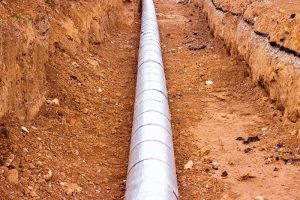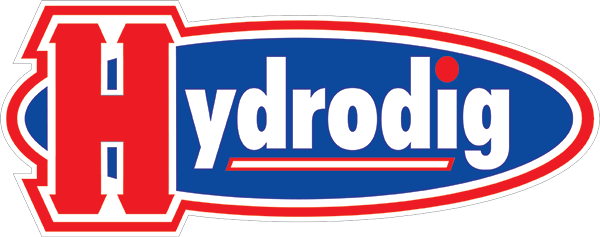
Hydrovac excavation, also known as hydro excavation or vacuum excavation, is often used for tasks like digging trenches, exposing utility lines, or excavating sensitive areas where traditional digging methods may cause damage.
While hydro excavation itself is not directly related to slowing down climate change, it can be considered an environmentally friendly alternative to conventional excavation methods like using heavy machinery or explosives. There are in fact quite a few notable environmental advantages to using this practice for effective excavation.
A good example is the fact that traditional excavation methods often involve the use of heavy machinery that burns fossil fuels, leading to significant carbon dioxide emissions. Hydrovac excavation from Hydrodig of Denver, on the other hand, typically uses a truck-mounted system powered by the vehicle’s engine, which produces lower emissions in comparison.
Hydrovac excavation is also gentle on the soil, minimizing soil disturbance and reducing erosion. By preserving soil structure and composition, it helps maintain natural carbon sequestration processes in the ground.
In the case of some conventional excavation methods, chemicals may be used to soften the soil or aid in the excavation process. Hydro excavation, however, relies on pressurized water as the primary means of digging, and as a result, reducing the need for harmful chemicals.
Finally, when utilities or pipelines are accidentally damaged during excavation, such damage can lead to gas leaks and other environmental issues or hazards. The non-destructive approach of hydrovac services can help prevent these accidental damages, reducing potential negative impacts on the environment.
